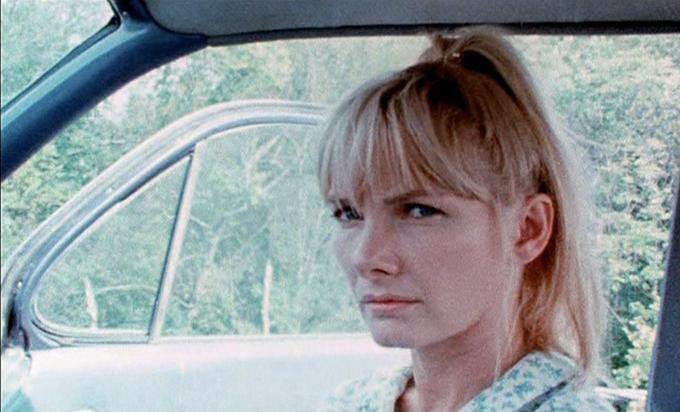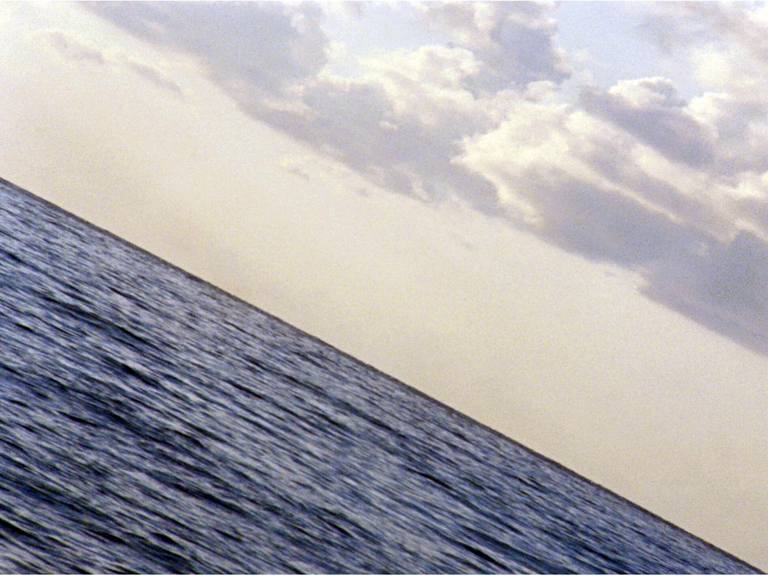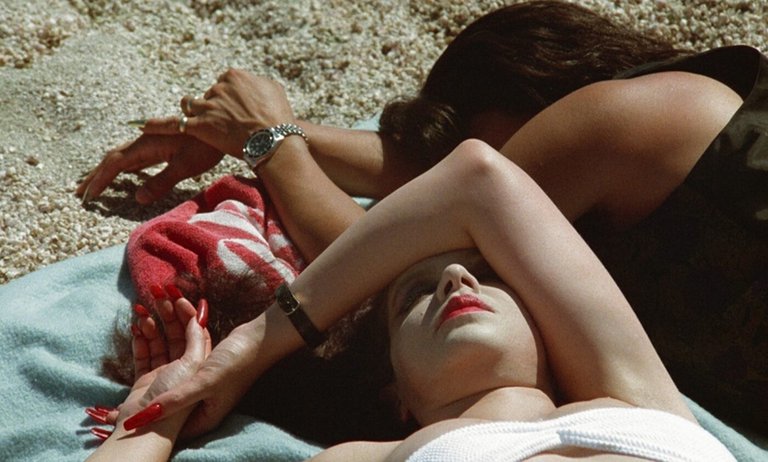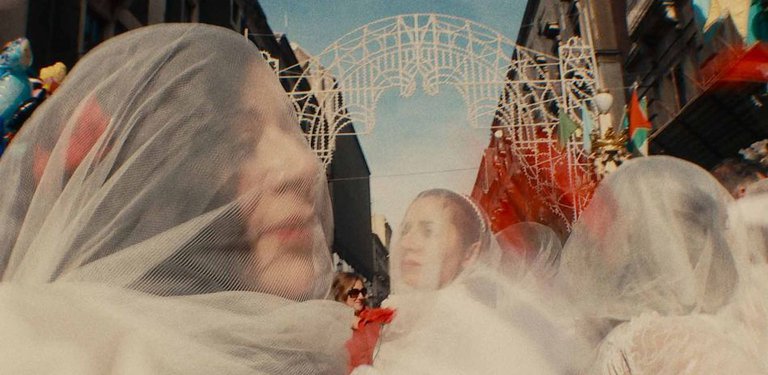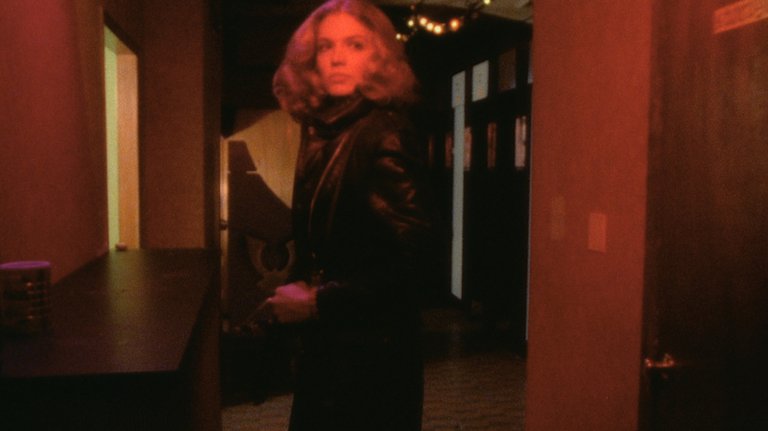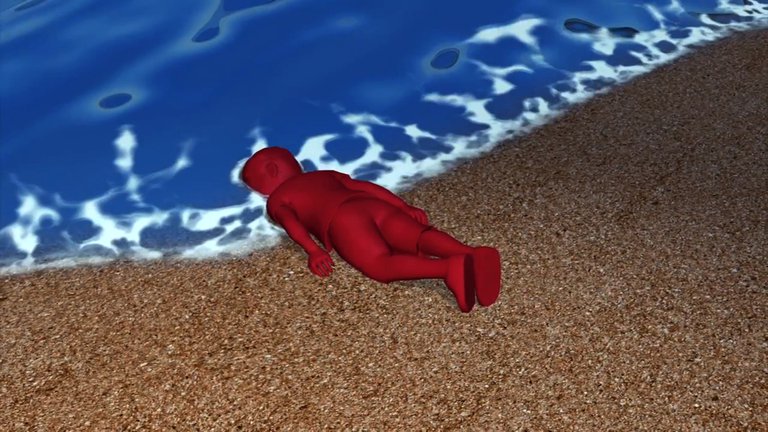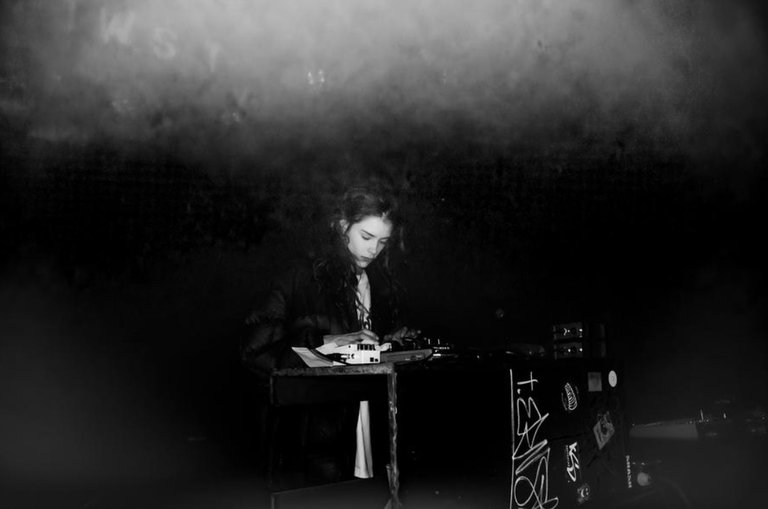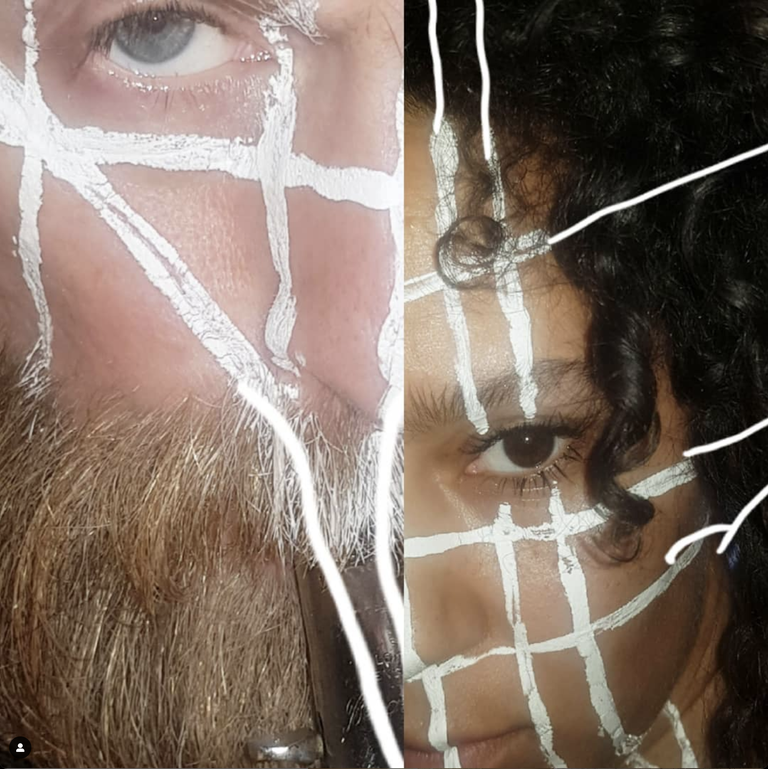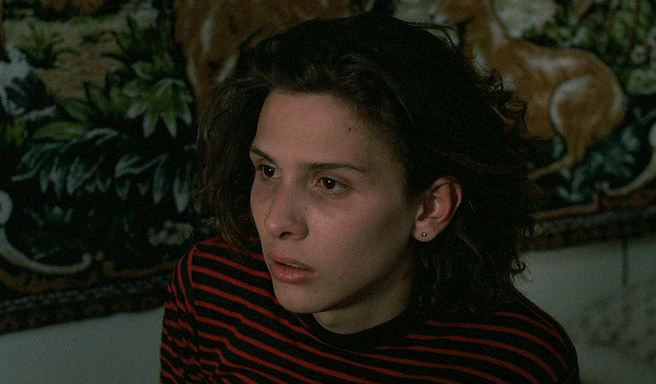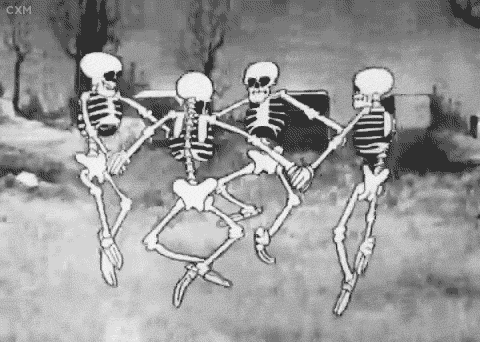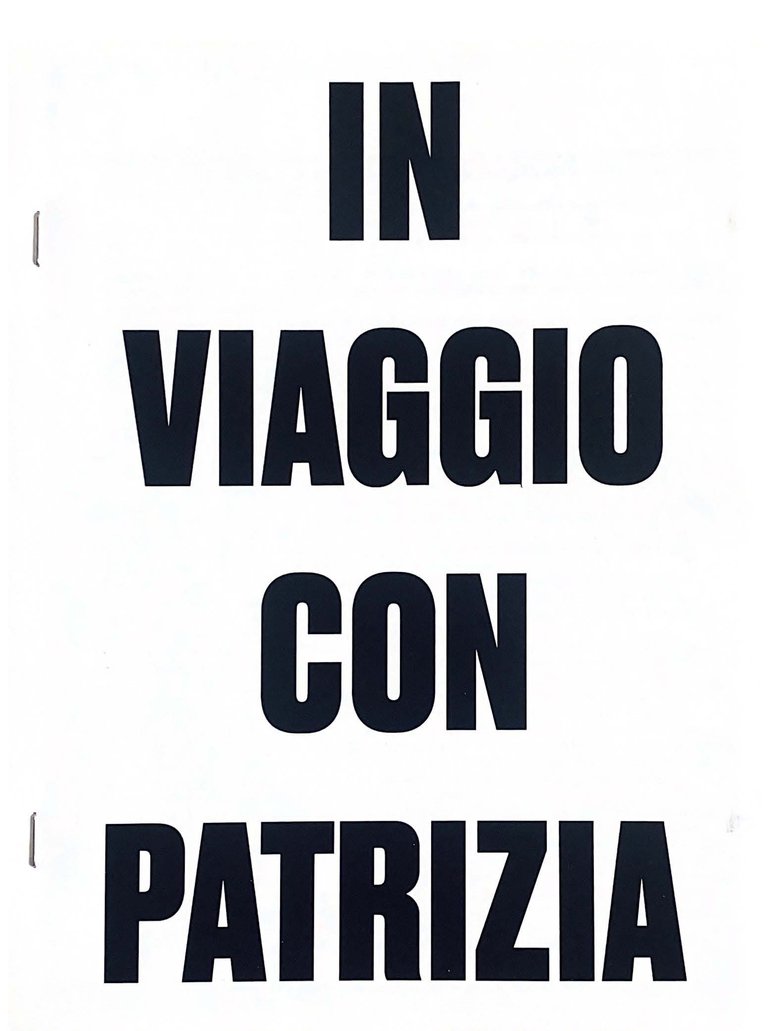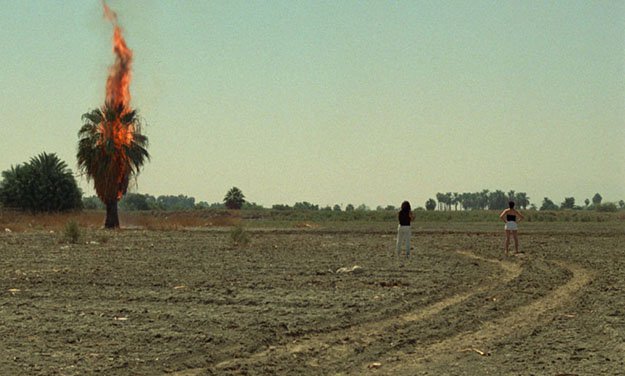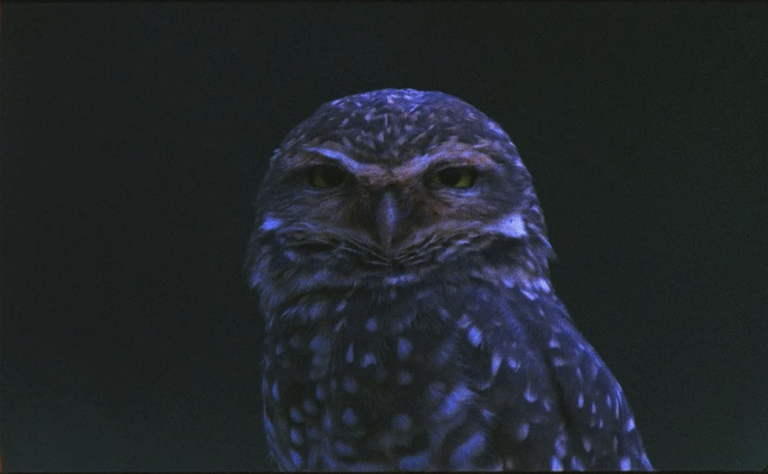
July 10, 2025
An evening with Ana Vaz
An evening with Ana Vaz in collaboration with Institut Français, Palermo
Institut Français Terrace
Cantieri Culturali alla Zisa
8:00pm - 11:00 pm
Programme
É Noite na América (It is Night in America), 2022, 66 minutes
Ana Vaz describes É Noite na América as an eco-horror tale, freely inspired by A Cosmopolitics of Animals by Brazilian philosopher Juliana Fausto. Filmed in Brasília—a city whose construction justified the violent displacement of both wildlife and Indigenous populations—the film’s postcolonial ecocritique resonates with a poetic reflection on cinematic vision. From the artificial creation of darkness through the day-for-night technique, to the use of expired 16mm film, this immersive tale casts an animal spell across eco-horror, environmental cinema, and documentary, subverting the boundaries of cinematic genres.
Apiyemiyekî? 2019, 27 minutes
Apiyemiyekî? is a short film that explores the excavation of collective memory, confronting the ghosts of colonialism through an archive of over 3,000 drawings made during a literacy project with the Waimiri-Atroari people, native to the Brazilian Amazon. Originally created as a means of exchanging knowledge about local flora and fauna, the drawings became powerful representations of colonial violence—graphic testimonies of trauma. Vaz brings them to life cinematically, superimposing them onto the Amazonian landscape, juxtaposing the natural flow of the river with the brutality of the colonial road, and interrogating the archive itself: Apiyemiyekî? means “Why?”.
Ana Vaz (1986, Brazil) is an artist and filmmaker born in the Brazilian Midwest, inhabited by the ghosts buried by its modernist capital: Brasília. Her filmography provokes and questions cinema as an art of the (in)visible and an instrument capable of dehumanizing the human, expanding connections with other-than-human or spectral forms of life. As a consequence or expansion of her cinematography, her artistic activities are also embodied by writing, critical pedagogy, installations and collective walks.
Her films have screened at numerous festivals and museums including Locarno Film Festival, Berlinale Forum Expanded, New York Film Festival, CPH:DOX, TIFF Wavelengths, and Cinéma du Réel, Tate Modern, Palais de Tokyo, among many others. She has recently had solo exhibtions at Secession in Vienna, Jue de Paume, Batalha Centro de Cinema Praça da Batalh, Porto and Lux London . She has also participated in numberous notable group shows including Penumbra, Fondazione In Between art and film. She is a 2025 fellow at Villa Medici, Rome.
Ana will be joined for a conversation after the screening by Alessandro Gallicchio.
Alessandro Gallicchio (1986, Italy) is a lecturer in contemporary art history at Sorbonne University, a member of the Centre André Chastel and a research associate at CETOBaC. With a PhD in art history from the universities of Florence, Paris-Sorbonne and Bonn (2016), he pursues his research following the methodologies developed by the social and political history of art. He is interested in the influences of nationalism and anti-Semitism in the construction of artistic discourse, and in the relationship between art, architecture and urban space in the Balkans and the Mediterranean. In 2021, he was awarded the André Chastel grant from Villa Medici for a research project entitled The Albania Pavilion at the Prima Mostra Triennale delle Terre d’Oltremare in Naples (1940). Traces of a fascist “coloniality” device.
Screenings O.V. with italian subtitiles.
This is a free event.


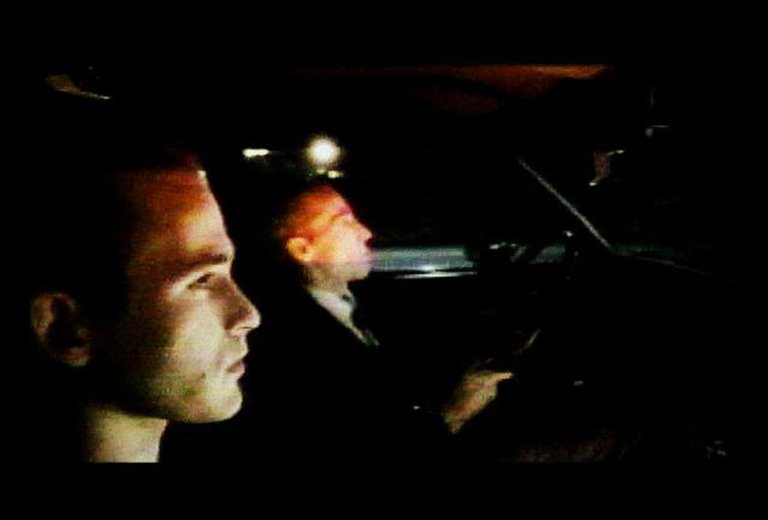
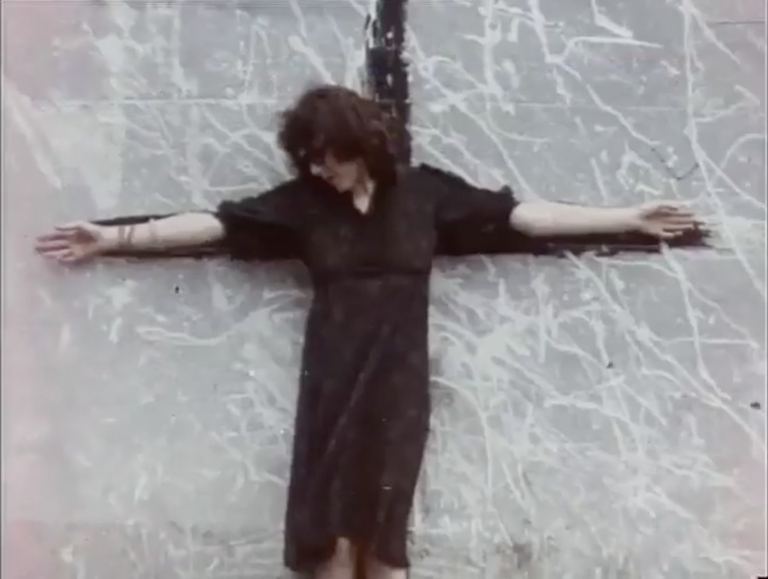
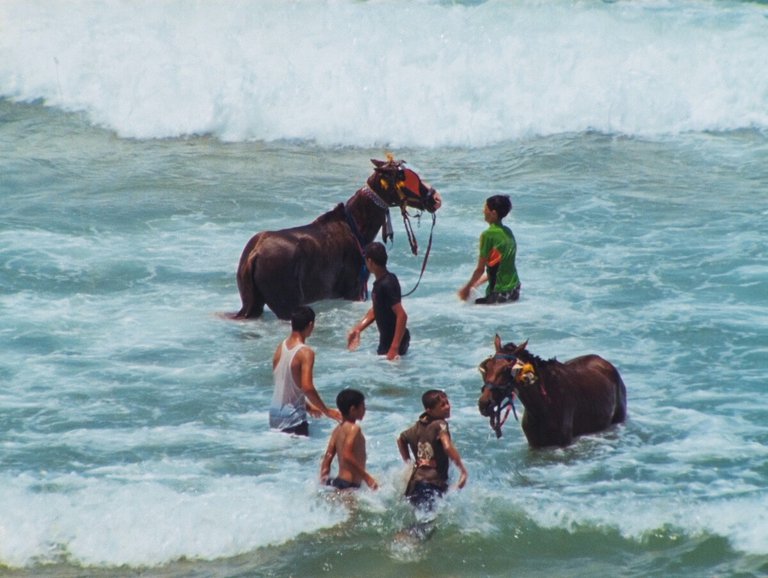

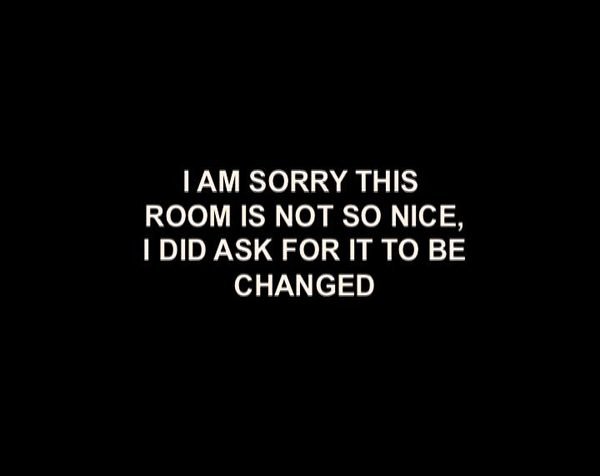

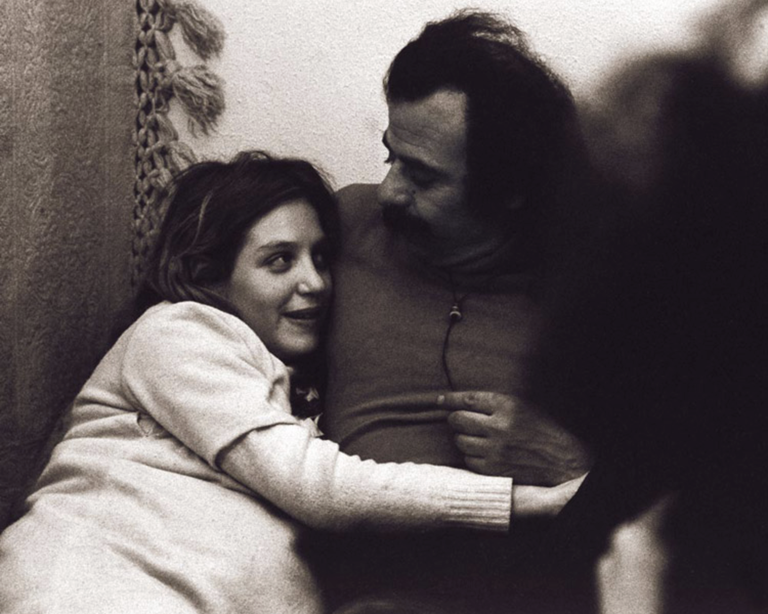
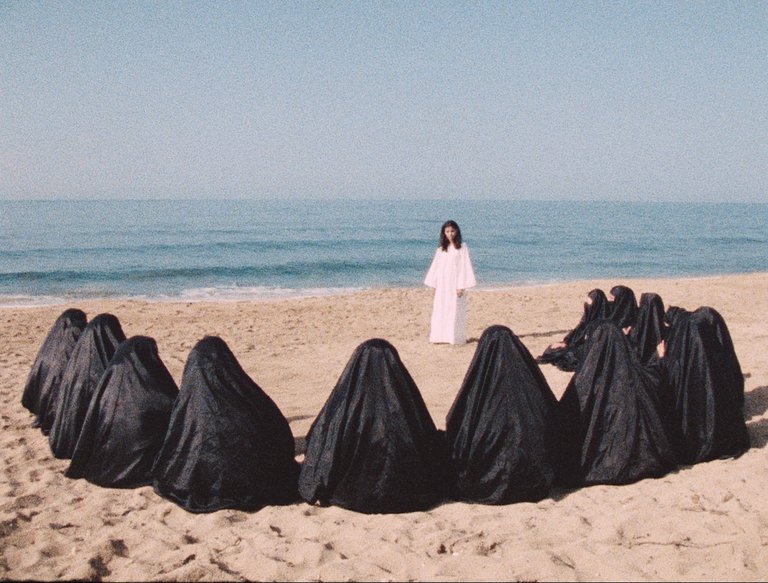
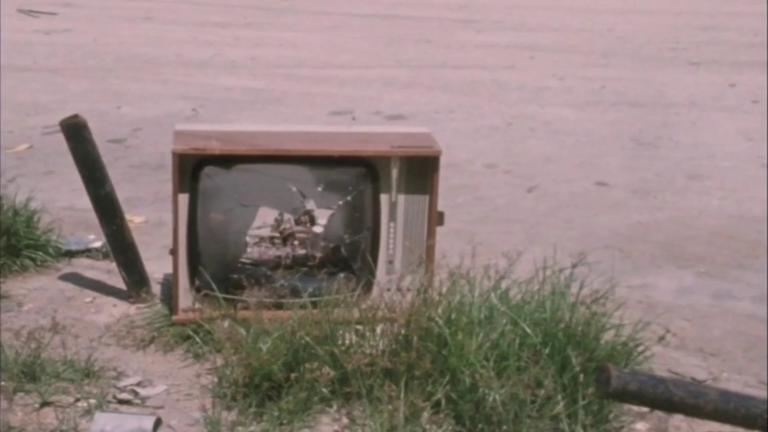
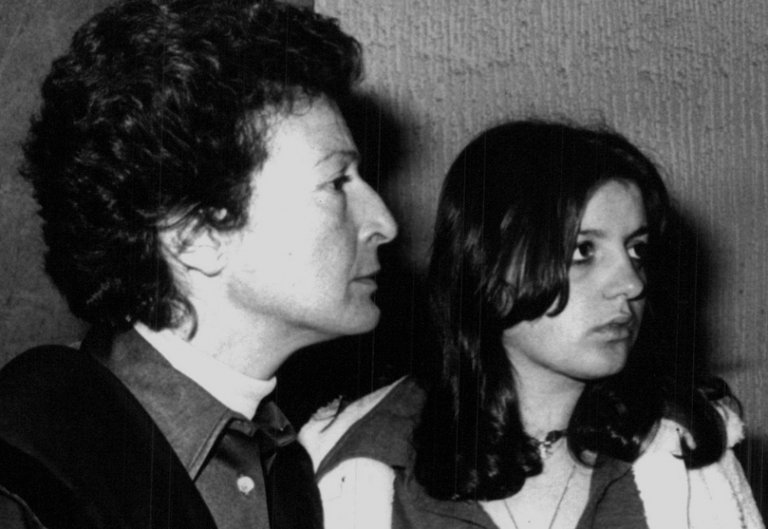
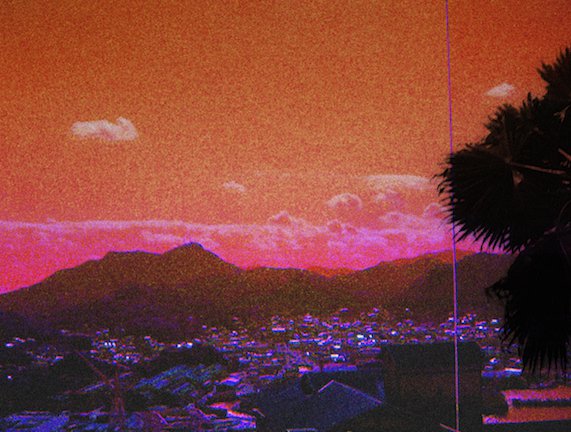
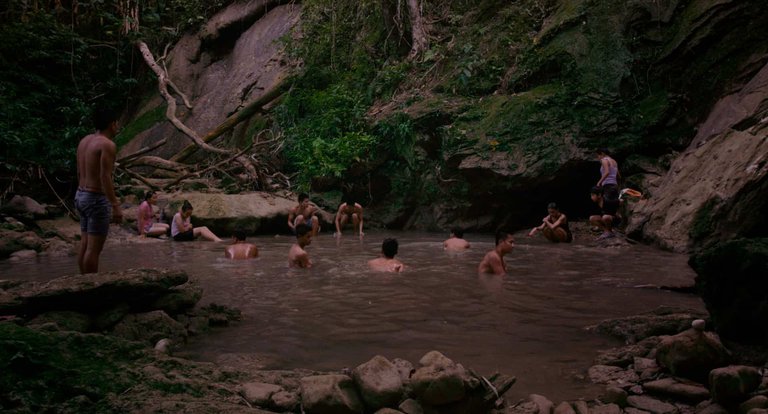
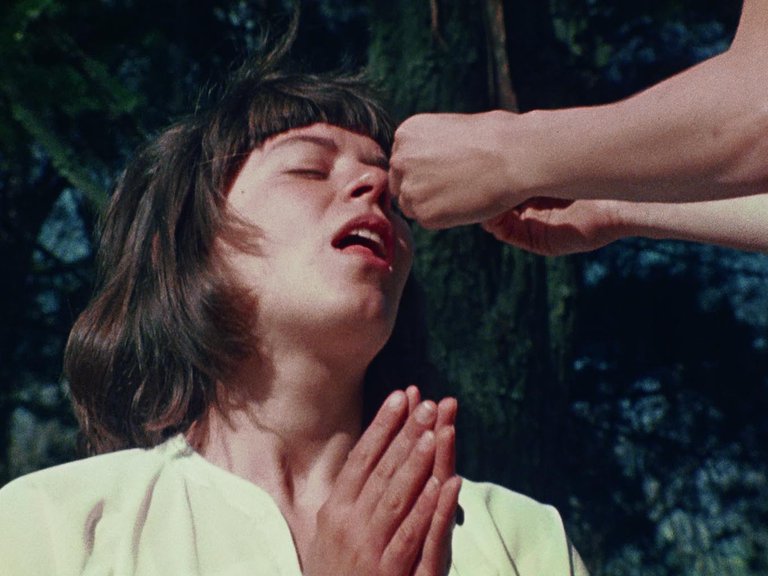
 and
and  present Orfeo on the Beach
present Orfeo on the Beach
